2001 Chevrolet Express 2500 Brake Rotors and Pads
Click here to search another vehicle
All Rotors:
OEM x
Coated x
Drilled, Slotted and Coated x
Front x
Rear x
All Pads:
Ceramic x
Semi-metallic x
Front x
Rear x
Found 10 record
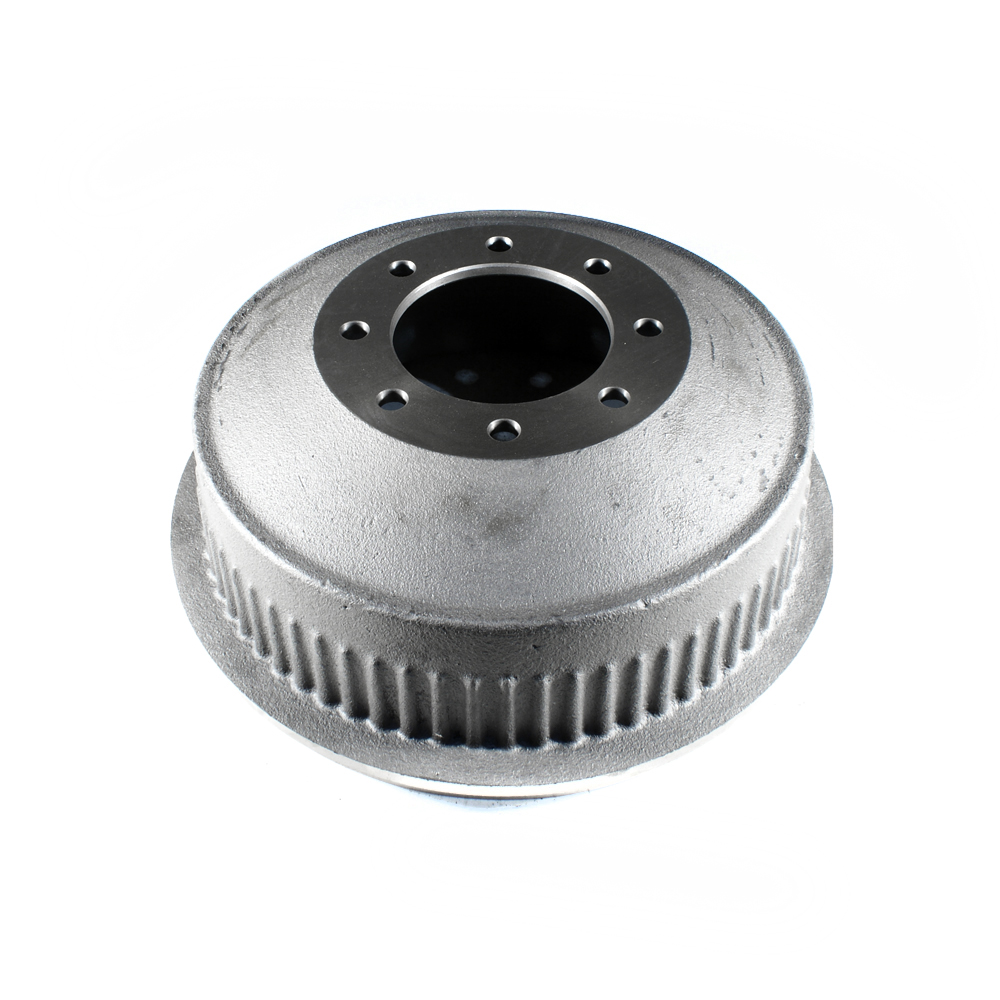
Part No: BD80000
Raybestos: 9531
OE: 15693468
Raybestos: 9531
OE: 15693468
$170.03 each
Per Car QTY: 2
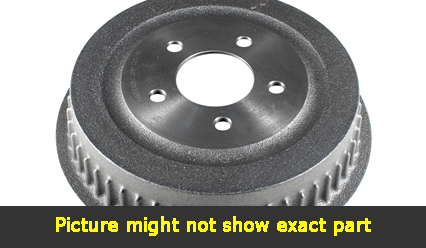
Part No: BD8945C
Raybestos: 8024
OE: 15003097
Raybestos: 8024
OE: 15003097
$147.04 each
Per Car QTY: 2
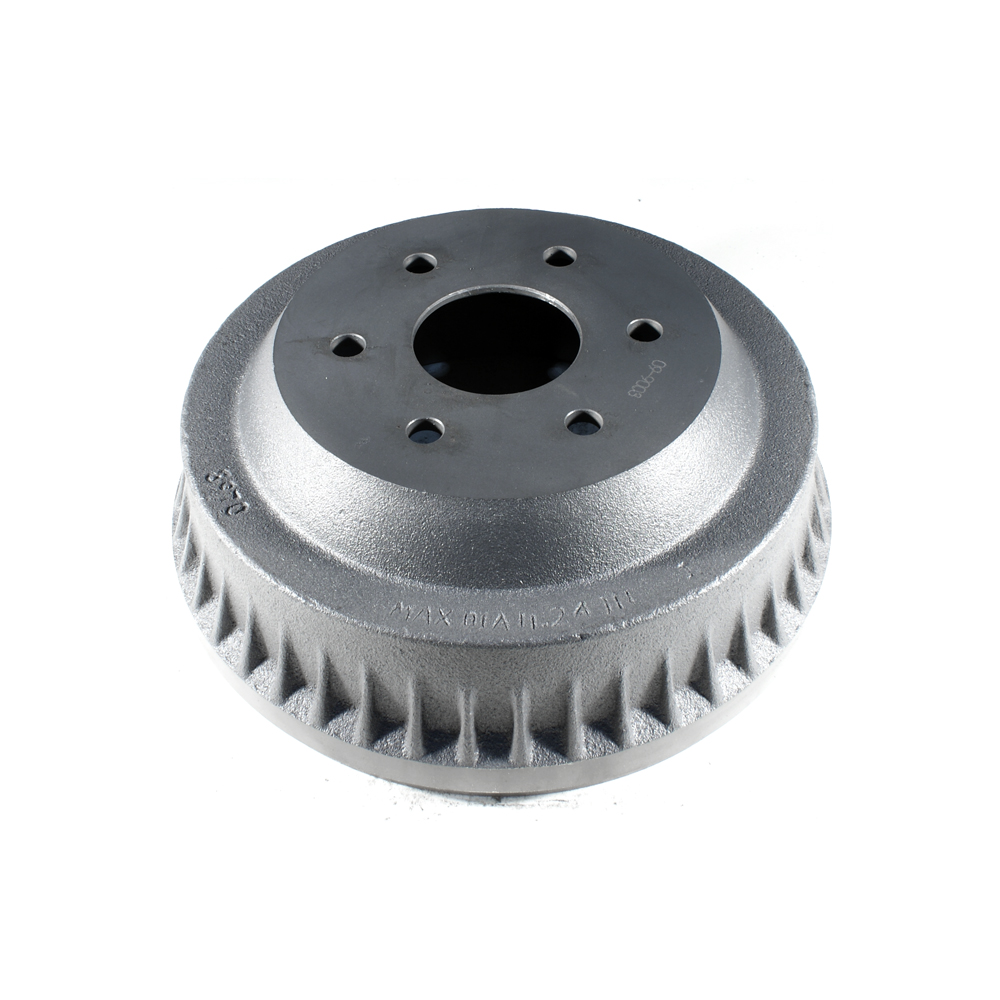
Part No: BD8970
Raybestos: 2169
OE: 15693470
Raybestos: 2169
OE: 15693470
$109.93 each
Per Car QTY: 2
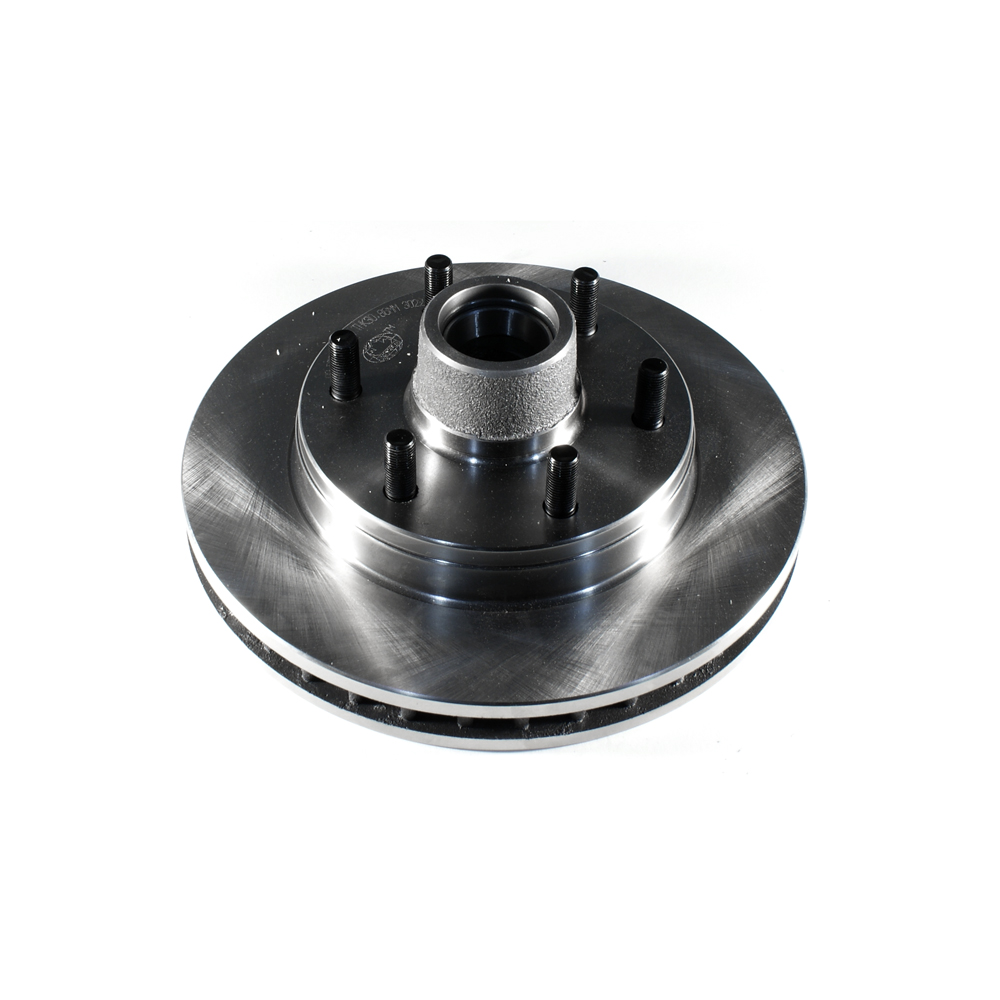
Part No: BR55026
Raybestos: 56579
OE: 18060212
Raybestos: 56579
OE: 18060212
$70.06 each
Per Car QTY: 2
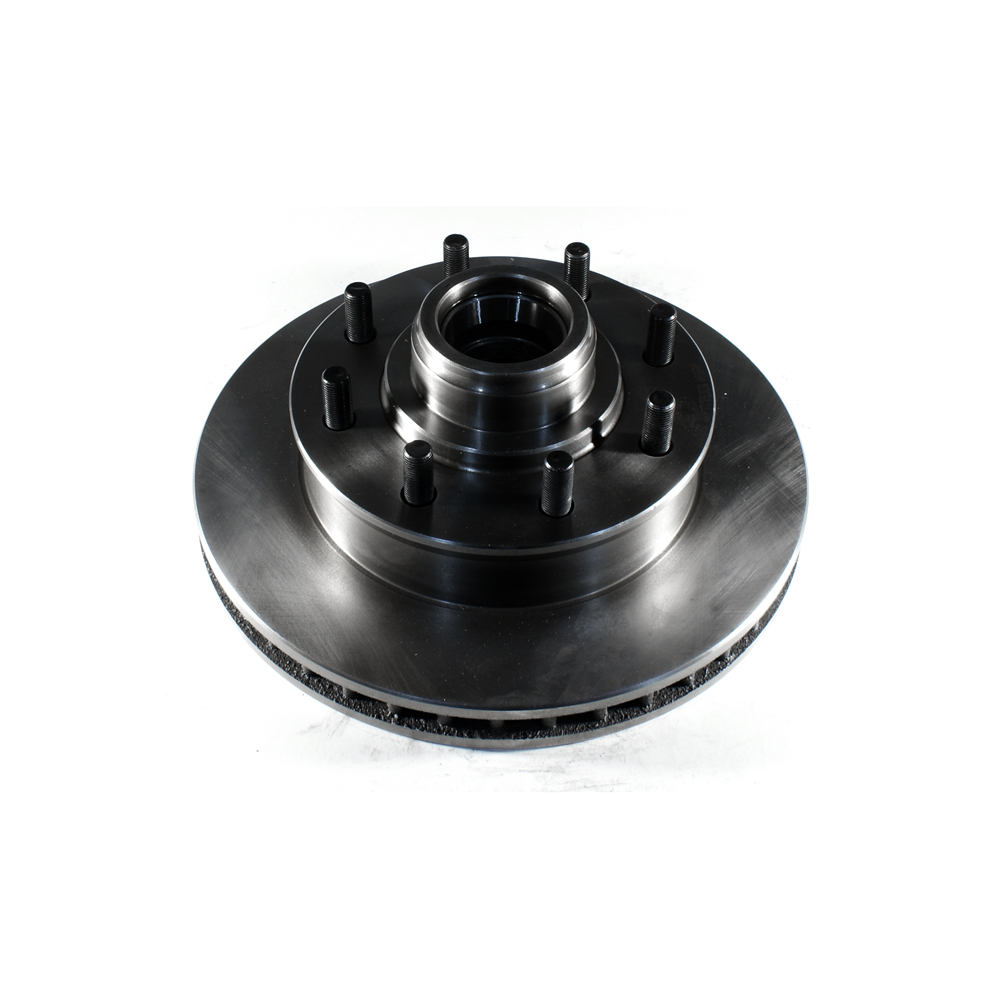
Part No: BR5598
Raybestos: 56263
OE: 18060216
Raybestos: 56263
OE: 18060216
$92.63 each
Per Car QTY: 2
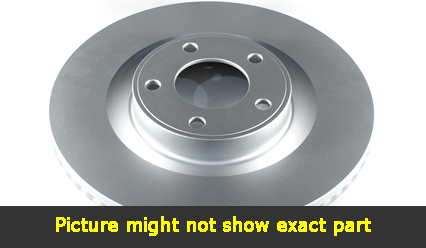
Part No: PP55026
Raybestos: 56579
OE: 18060212
Raybestos: 56579
OE: 18060212
$99.43 each
Per Car QTY: 2
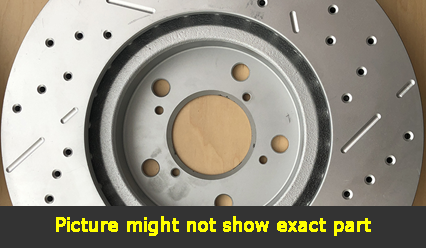
Part No: SP55026L
Raybestos: 56579
OE: 18060212
Raybestos: 56579
OE: 18060212
$139.93 each
Per Car QTY: 1
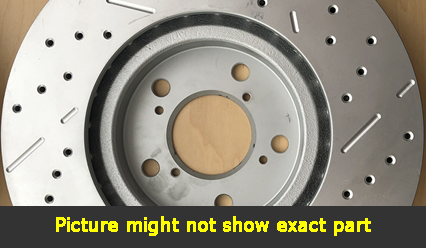
Part No: SP55026R
Raybestos: 56579
OE: 18060212
Raybestos: 56579
OE: 18060212
$139.93 each
Per Car QTY: 1
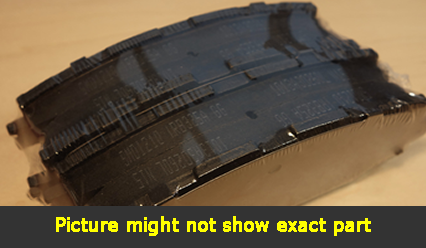
Part No: SMD369
Raybestos:
OE:
Raybestos:
OE:
$22.81 each
Per Car QTY: 1
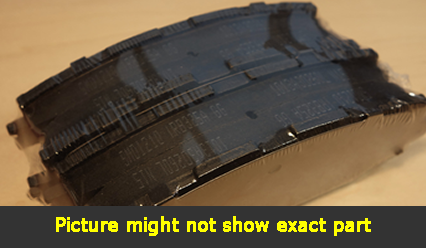
Part No: SMD370
Raybestos:
OE:
Raybestos:
OE:
$20.34 each
Per Car QTY: 1
When it comes to choosing brakes for your 2001 Chevrolet Express 2500, there are several factors to consider. Brakes are an essential safety component of any vehicle, and it is crucial to ensure they are in optimal condition to prevent accidents and ensure smooth stopping power. Here are some rules to follow when selecting brakes for your Chevrolet Express 2500:
1. Determine your driving needs: The first step in choosing the right brakes is to assess your driving habits and needs. Consider your daily commute, the terrain you typically encounter, and any additional weight you may be carrying. Since the Chevrolet Express 2500 is a heavy-duty cargo van, you might require brakes that can handle the added weight and frequent stopping that comes with hauling cargo.
2. Understand the brake types: There are generally two types of brakes: disc brakes and drum brakes. Disc brakes offer better stopping power and heat dissipation, making them ideal for heavy-duty vehicles like the Chevrolet Express 2500. Drum brakes, on the other hand, are less expensive but may not provide the same level of performance and longevity. It is recommended to opt for disc brakes for better safety and durability.
3. Consider brake pad materials: Brake pads come in various materials, each with its pros and cons. Semi-metallic pads offer excellent stopping power and durability, making them suitable for heavy-duty applications. Ceramic pads provide quieter operation, produce less dust, and offer better heat dissipation. However, ceramic pads can be more expensive. Organic pads provide a smooth and quiet operation but may wear out sooner, making them less suitable for heavy-duty use.
4. Check for compatibility: While choosing brakes, it is essential to ensure compatibility with your 2001 Chevrolet Express 2500. Identify the correct brake size and specifications for your vehicle, including the rotor diameter and thickness. Research and consult with experts to ensure you select the right brakes that fit seamlessly without any modifications.
5. Research reputable brands: When it comes to brakes, quality matters. Look for reputable and trusted brands that have a proven track record of manufacturing reliable and high-performance brakes. Brands like Brembo, ACDelco, Wagner, and EBC Brakes are well-known for their quality and reliability. Read reviews and seek recommendations to find the best brand for your braking needs.
6. Consult with professionals: If you are not confident in your ability to choose the right brakes, consult with a professional mechanic or brake specialist. They can guide you through the selection process, considering factors specific to your Chevrolet Express 2500, such as its weight, usage, and maintenance requirements. Professionals can also assist with installation, ensuring the brakes are correctly fitted and in optimal working condition.
7. Maintenance considerations: Lastly, ensure you factor in maintenance requirements when selecting brakes. Some brake materials may require more frequent inspections and replacements than others. Consider your willingness to invest time and money into brake maintenance and choose a braking system that aligns with your capabilities and expectations.
In conclusion, selecting suitable brakes for your 2001 Chevrolet Express 2500 should be a thoughtful process. By considering your driving needs, understanding brake types and materials, checking for compatibility, researching reputable brands, consulting with professionals, and factoring in maintenance considerations, you can make an informed decision that ensures optimal safety and performance for your vehicle. Remember, when it comes to brakes, prioritizing safety should always be the top rule to follow.
1. Determine your driving needs: The first step in choosing the right brakes is to assess your driving habits and needs. Consider your daily commute, the terrain you typically encounter, and any additional weight you may be carrying. Since the Chevrolet Express 2500 is a heavy-duty cargo van, you might require brakes that can handle the added weight and frequent stopping that comes with hauling cargo.
2. Understand the brake types: There are generally two types of brakes: disc brakes and drum brakes. Disc brakes offer better stopping power and heat dissipation, making them ideal for heavy-duty vehicles like the Chevrolet Express 2500. Drum brakes, on the other hand, are less expensive but may not provide the same level of performance and longevity. It is recommended to opt for disc brakes for better safety and durability.
3. Consider brake pad materials: Brake pads come in various materials, each with its pros and cons. Semi-metallic pads offer excellent stopping power and durability, making them suitable for heavy-duty applications. Ceramic pads provide quieter operation, produce less dust, and offer better heat dissipation. However, ceramic pads can be more expensive. Organic pads provide a smooth and quiet operation but may wear out sooner, making them less suitable for heavy-duty use.
4. Check for compatibility: While choosing brakes, it is essential to ensure compatibility with your 2001 Chevrolet Express 2500. Identify the correct brake size and specifications for your vehicle, including the rotor diameter and thickness. Research and consult with experts to ensure you select the right brakes that fit seamlessly without any modifications.
5. Research reputable brands: When it comes to brakes, quality matters. Look for reputable and trusted brands that have a proven track record of manufacturing reliable and high-performance brakes. Brands like Brembo, ACDelco, Wagner, and EBC Brakes are well-known for their quality and reliability. Read reviews and seek recommendations to find the best brand for your braking needs.
6. Consult with professionals: If you are not confident in your ability to choose the right brakes, consult with a professional mechanic or brake specialist. They can guide you through the selection process, considering factors specific to your Chevrolet Express 2500, such as its weight, usage, and maintenance requirements. Professionals can also assist with installation, ensuring the brakes are correctly fitted and in optimal working condition.
7. Maintenance considerations: Lastly, ensure you factor in maintenance requirements when selecting brakes. Some brake materials may require more frequent inspections and replacements than others. Consider your willingness to invest time and money into brake maintenance and choose a braking system that aligns with your capabilities and expectations.
In conclusion, selecting suitable brakes for your 2001 Chevrolet Express 2500 should be a thoughtful process. By considering your driving needs, understanding brake types and materials, checking for compatibility, researching reputable brands, consulting with professionals, and factoring in maintenance considerations, you can make an informed decision that ensures optimal safety and performance for your vehicle. Remember, when it comes to brakes, prioritizing safety should always be the top rule to follow.


